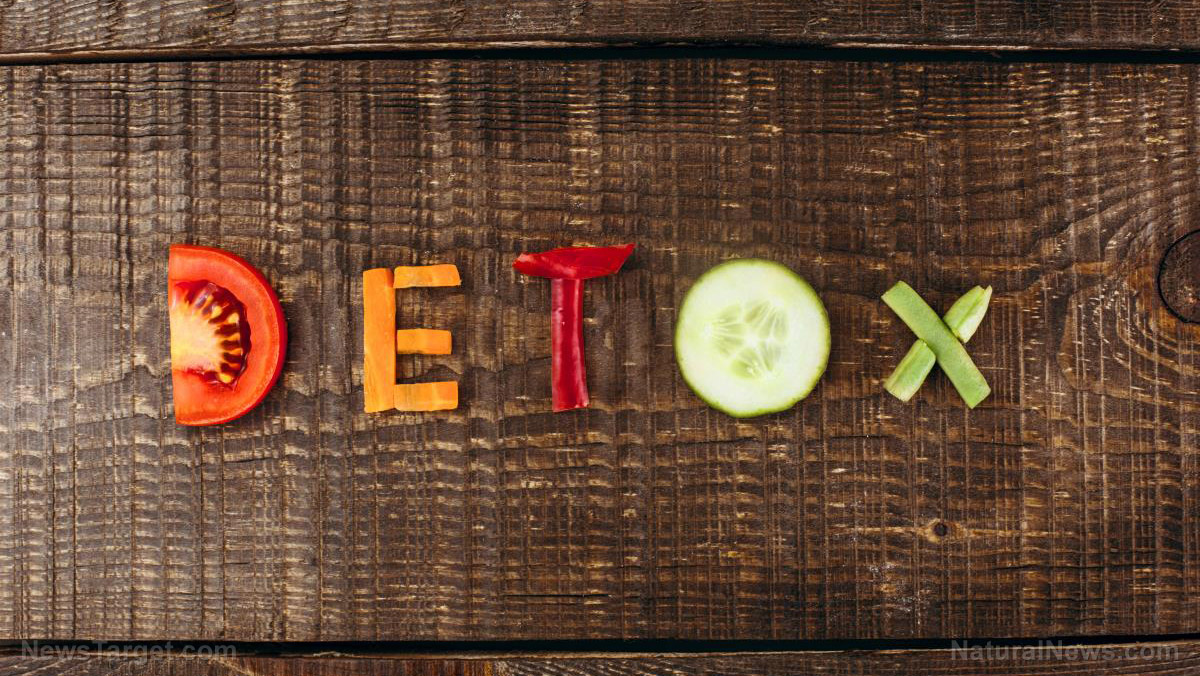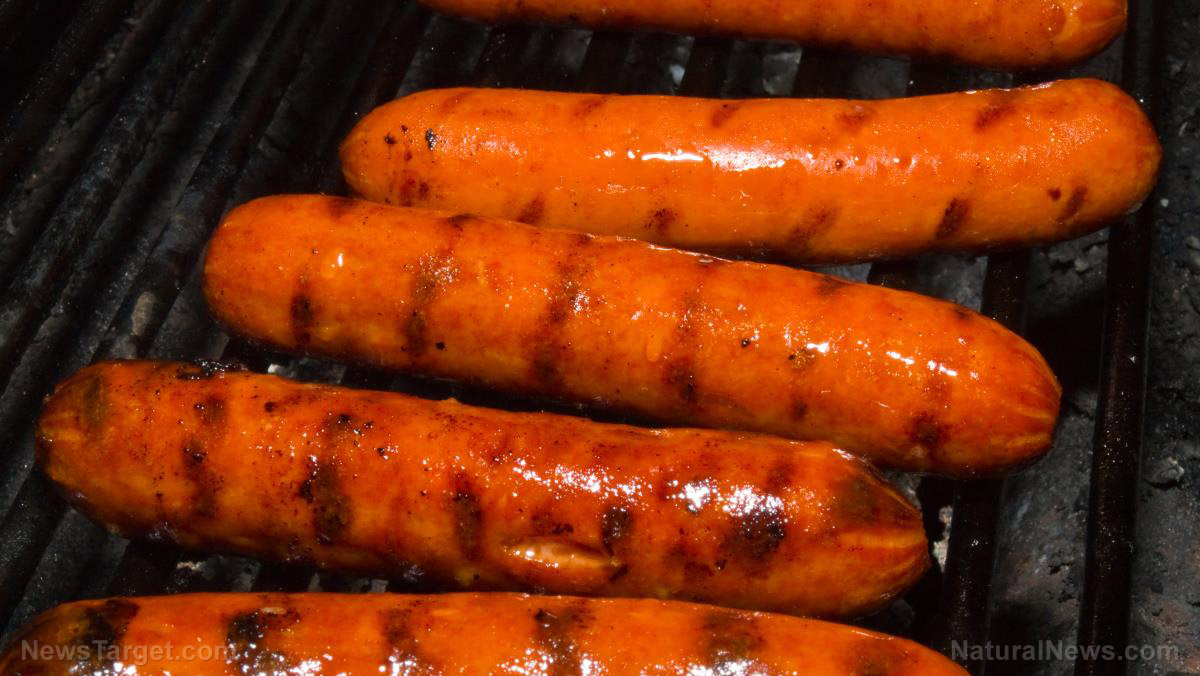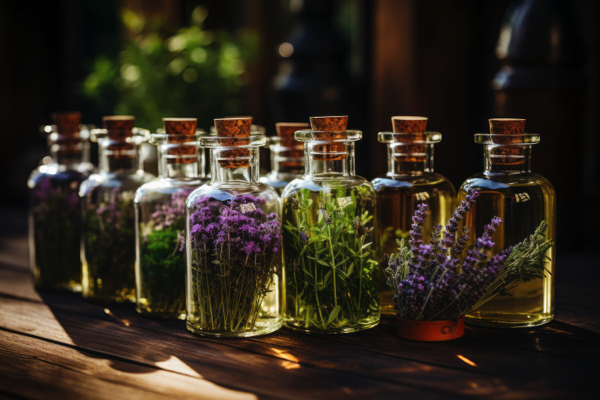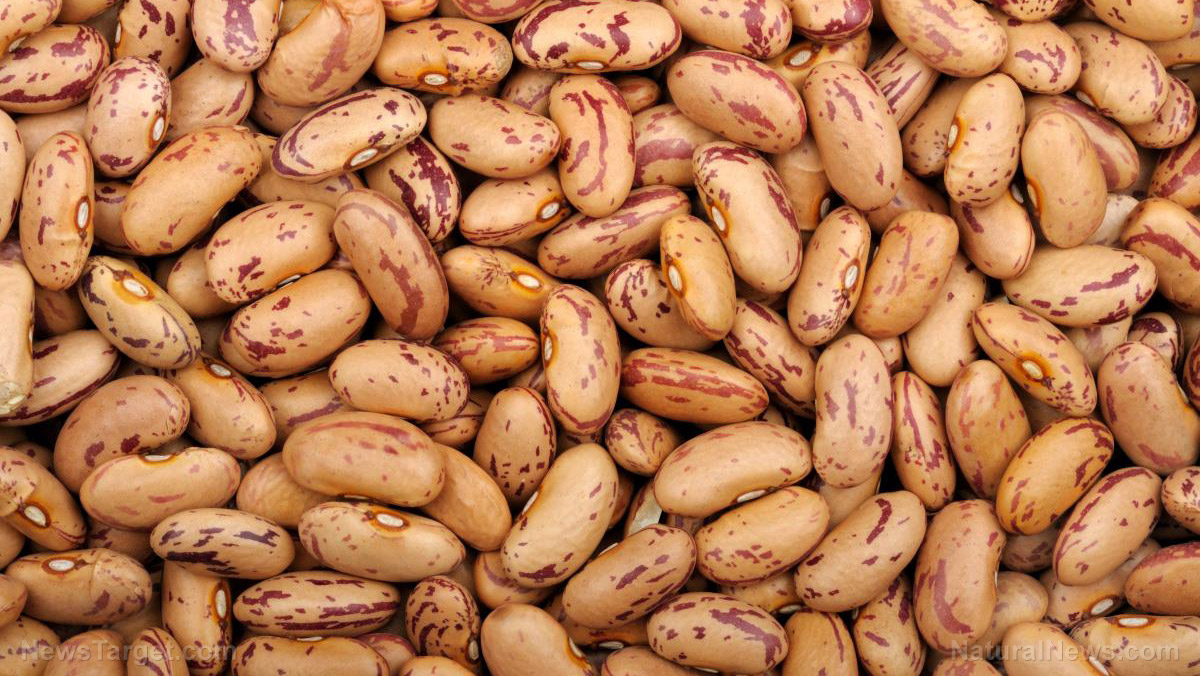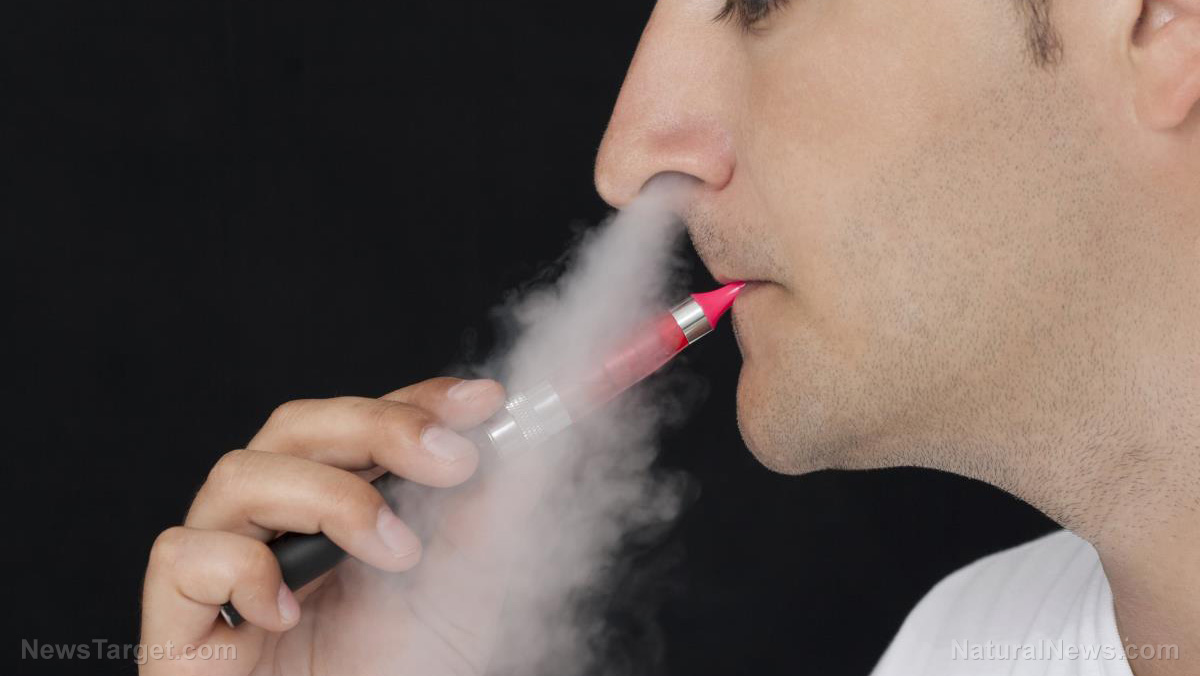Fallen fruit from ginkgo trees emitting vomit-like stench in California’s Capitol Park
11/02/2025 / By Jacob Thomas
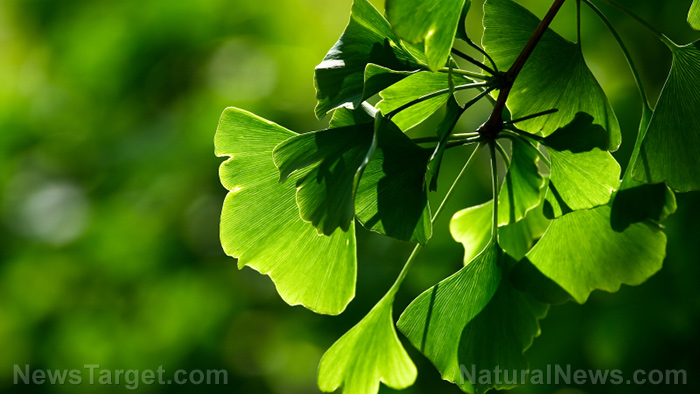
- A potent, unpleasant smell in California’s Capitol Park is caused by the fallen fruit of two 75-year-old female ginkgo trees, an odor compared to rancid butter and vomit.
- Officials have taken action by surrounding the trees with barriers and signs to address both the strong odor and the slip hazard created by the fruit on the ground.
- The smell is caused by butyric acid, a compound released when the fruit’s fleshy outer layer decays and is further complicated by foragers who collect the seeds and leave the flesh behind.
- This is a recurring, natural event for mature female ginkgo trees each autumn and the smell is so problematic that some cities have banned planting female ginkgos altogether.
- The current solution is temporary; groundskeepers are keeping the area fenced off and will continue to rake up the fallen fruit until the seasonal dropping period ends.
An annual autumn aroma, likened by a Harvard scientist to “rancid butter and vomit,” has returned to California’s capital, prompting officials to take defensive measures. The source of the pungent smell is not an industrial accident or sewage issue, but a pair of 75-year-old ginkgo trees in the California State Capitol Park.
The smell, which Jennifer Iida, a spokesperson for Sacramento’s Department of General Services, called downright “pungent and unpleasant,” has become so potent that the trees have been surrounded by metal barriers and laminated signs to keep the public at a distance.
The issue is twofold: the foul odor and a significant slip hazard created by the fallen fruit. As the fruit drops, it coats the ground, sticking to the shoes of unsuspecting passersby. As explained by BrightU.AI‘s Enoch, the pungent and unpleasant smell of ginkgo fruit comes from butyric acid, the same compound found in rancid butter, which is released when the fleshy outer covering decays and bursts.
However, the problem is further compounded by foragers who brave the stench to collect the seeds inside the fruit for cooking, medicinal purposes, or to grow bonsai trees, often leaving the toxin-filled flesh behind. The signs affixed to the barriers deliver a simple, direct message: “NO PICKING GINKO FRUIT.”
Squirrels help mitigate unpleasant smell
Iida confirmed that the trees were fenced off about two weeks ago after the department “received a handful of inquiries about the odor from guests at the park.” This is not an isolated incident: Female ginkgo trees bear this smelly fruit every October and November once they reach maturity and the agency has “fenced the ginkgo trees in the past, depending on the fruit yield.”
The two offending trees are part of a trio of ginkgos, also known as maidenhairs, originally planted by Gov. Goodwin Knight back in 1954. While the smell is a nuisance in Sacramento, other cities have found unique solutions.
In San Francisco’s Japanese Tea Garden, garden supervisor Steven Pitsenbarger noted that a dense squirrel population has been a natural mitigant. “One upside to a dense squirrel population is that they have been eating the fruit so that the unpleasant smell is significantly reduced,” he said.
The species, whose fossils date back over 270 million years, may have developed its distinctive stench to attract dinosaurs to eat and disperse its seeds. Today, the smell is so reviled that some cities ban planting female ginkgo trees altogether. For now, officials in Sacramento are playing a waiting game. “FMD groundskeepers will keep the fences up and continue to rake up the dropped fruit as needed,” Iida said, biding their time until the last of the malodorous fruit is gone.
Watch this video about gingko herbs and why it’s good for your body despite the pungent smell.
This video is from BrightLearn channel on Brighteon.com.
Sources include:
Submit a correction >>
Tagged Under:
bonsai, butyric acid, California State Capitol Park, dinosaur dispersal, female ginkgo, foul smell, fruit odor, ginkgo fruit, ginkgo seeds, ginkgo trees, medicinal plants, messy trees, public nuisance, Sacramento, seasonal issues, tree bans, tree identification, tree maintenance, tree problems, urban forestry, urban planning
This article may contain statements that reflect the opinion of the author
RECENT NEWS & ARTICLES
HealthScience.News is a fact-based public education website published by Health Science News Features, LLC.
All content copyright © 2018 by Health Science News Features, LLC.
Contact Us with Tips or Corrections
All trademarks, registered trademarks and servicemarks mentioned on this site are the property of their respective owners.




